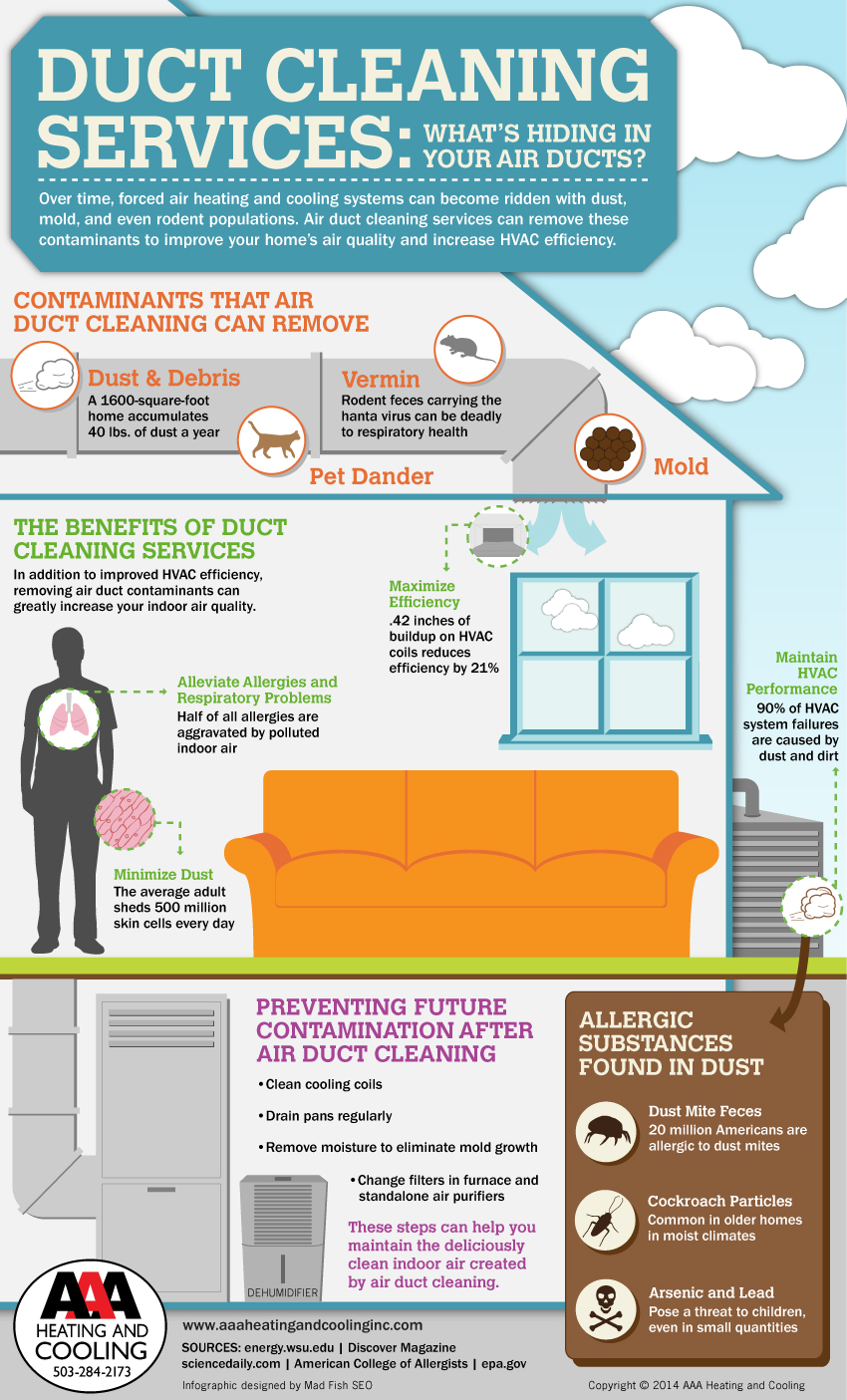Heatpump Vs Furnace - Which Is The Better Heating Choice For Your Home?
Heatpump Vs Furnace - Which Is The Better Heating Choice For Your Home?
Blog Article
Uploaded By-Huynh Reese
Numerous home owners are familiar with furnaces, which warm homes with oil or natural gas and push hot air through ductwork. They are fairly low-cost and can give dependable heating even during a winter power blackout.
However, they use nonrenewable fuel sources and produce carbon monoxide gas and various other air contamination. They additionally aren't as energy-efficient as a high-efficiency heatpump.
Price
Generally, heatpump are extra budget-friendly to operate than heaters. They normally use power and cooling agent to remove warm from exterior air, and after that move it into your home. You can capitalize on more affordable power prices throughout off-peak hours to further decrease your heating expenses.
Unlike heatpump, gas or wood-burning heating systems utilize combustion to create heat, discharging flue gases into the atmosphere that can be unsafe to your health and wellness. These heaters are also less energy-efficient than heatpump, and their higher operating expense can add up over time.
Furnaces are more challenging than heatpump and need routine upkeep to make sure the appropriate feature of all parts. Regardless of this, they often tend to last longer than heat pumps with a normal life expectancy of two decades or even more. Nonetheless, you'll need to factor in the price of gas, fuel oil or wood and the extra devices required for installation and operation such as ducts and ventilation systems.
Energy Performance
Heatpump have a greater energy performance score than heaters. These systems make use of electrical energy to scavenge warm from the air, also in freezing temperatures. They can likewise remove excess warm from the home throughout warmer months and reuse it to cool down the system. Provider experts can aid you determine the most effective model for your home based on climate and resource energy prices.
Heating systems melt gas oil, gas, natural gas or various other types of fossil fuel to warm the air in the home. This air is then spread with ductwork using a huge fan. Heaters produce greenhouse gases and require routine upkeep and tools upgrades to make certain secure procedure.
The largest benefit of a heater is that it can be operated also in harsh winter conditions since it does not rely upon exterior temperatures to warm the air. Heating systems additionally have a longer life expectancy than heat pumps and normally last 15 years. They can likewise be coupled with dual gas options, which choose the most effective home heating choice based on the climate.
Environment
Heatpump work well in moderate environments and utilize less source power than furnaces. However, if your region is remarkably cool, you may require to buy a common gas furnace rather.
Heating systems provide cozy, relaxing heat and generally supply fast home heating to elevate interior temperatures. These systems can be used with a variety of fuel types, consisting of natural gas, gas, oil or electricity.
They eat a lot more energy than heat pumps-- approximately 3x as much-- and need ductwork that's pricey to mount or retrofit. They're also extra costly to maintain, as they can create air quality concerns and produce greenhouse gas discharges.
If you're devoted to decreasing your carbon impact, a heatpump is a good option for your home. They have less greenhouse gas discharges than furnaces, especially if you pick a power STAR ® heat pump. Your regional Provider specialist can describe the distinctions in between these 2 heater and assist you make the very best decision for your special requirements.
heat pump installation cost wellington
Heating systems can be really energy efficient when powered by gas, propane or oil, but they aren't as energy effective as heatpump in icy climates. They can likewise be a lot more pricey to set up, requiring gas lines and ventilation systems.
Nonetheless, heaters often tend to need much less maintenance, which can result in reduced continuous prices. They produce less greenhouse gases and are more dependable than heatpump during extreme weather.
Electric heatpump are extra flexible in producing interior convenience because they can additionally serve as ac system during warmer months. They can be more convenient to maintain, calling for only regular air filter modifications and occasional vacuuming.
If you like the convenience of a single system that does it all, take into consideration a crossbreed home heating option that pairs a furnace with an electric heatpump. https://www.wishtv.com/news/local-news/how-to-keep-the-air-conditioner-running-during-hot-weather/ can automatically switch between the two heating choices based upon your home's demands and temperature conditions, making the most of efficiency and savings.